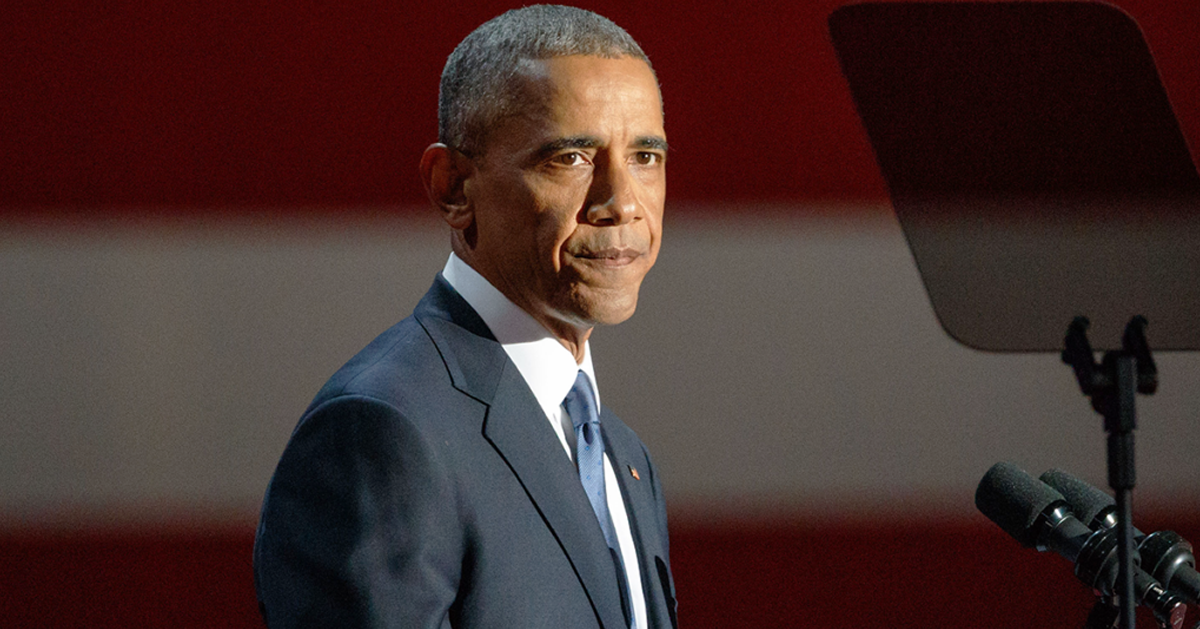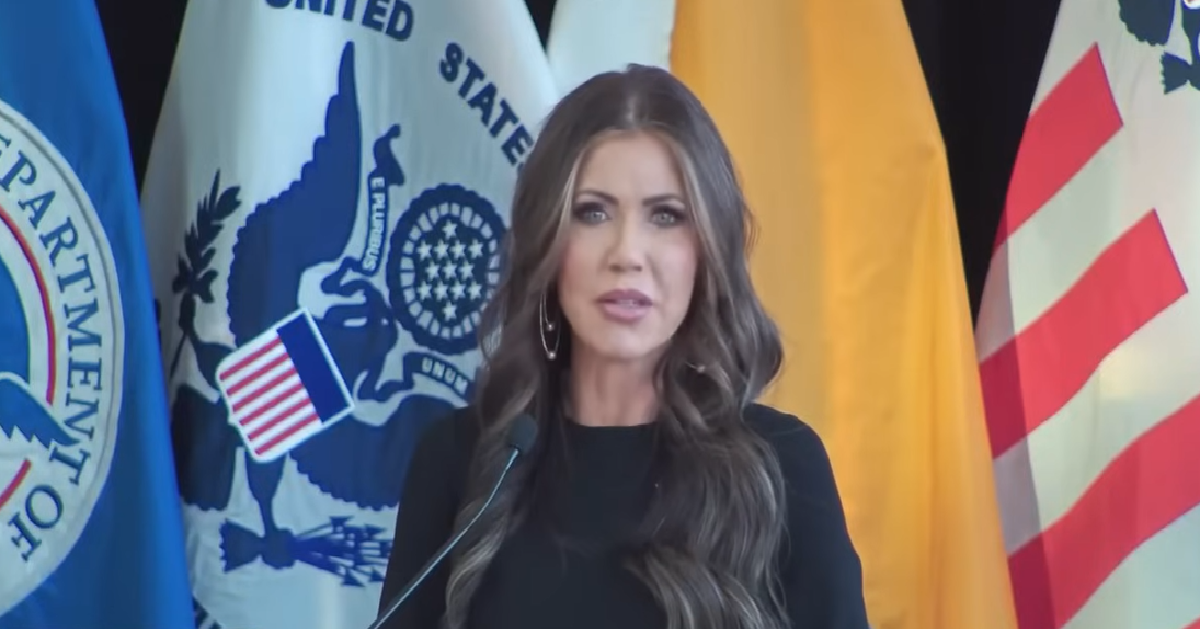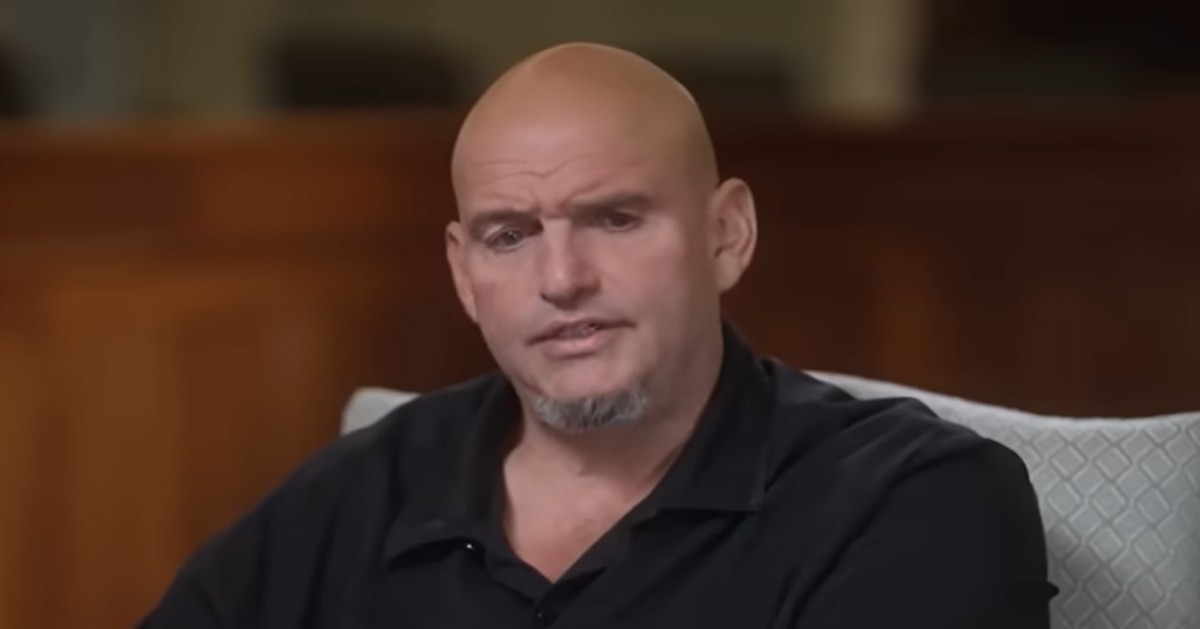Trump seeks swift dismissal of Fed Governor Lisa Cook
President Donald Trump is making waves again, this time targeting Federal Reserve Governor Lisa Cook with a bold move to oust her over serious allegations of mortgage fraud, Fox Business reported.
Trump’s push to remove Cook, sparked by claims from Federal Housing Finance Agency Director Bill Pulte, has ignited a fierce legal battle with Cook fighting to keep her seat, while the dispute raises big questions about presidential power over the Fed and future monetary policy.
This saga kicked off on Monday when Trump moved to fire Cook, citing allegations of mortgage fraud stemming from her claiming primary residence on two separate mortgages in Michigan and Georgia within a tight two-week window in 2021. Pulte didn’t hold back, sending criminal referrals to the Justice Department, though Cook hasn’t been charged with any crime. It’s a classic case of “where there’s smoke, there’s fire”—or at least a political inferno.
Legal Battle Heats Up Quickly
Not one to sit idly by, Cook fired back with a lawsuit on Thursday, arguing that Trump lacks the “for cause” justification required to remove a Fed governor. She’s seeking a restraining order to stay put, claiming the president’s reasoning doesn’t hold water under federal law. Turns out, standing your ground isn’t just for ranchers—it’s for regulators too.
Trump’s administration, however, isn’t buying Cook’s defense, asserting in court filings that Pulte’s criminal referral alone meets the “for cause” threshold, whether or not her actions are proven criminal. “Under any standard, making facially contradictory statements in financial documents... is more than sufficient ground,” the filing reads. Well, if paperwork can’t be trusted, what’s a regulator to stand on?
Cook’s motion pulls no punches either, declaring, “There is no conceivable interpretation of ‘for cause’... that would allow the President to fire Governor Cook.” That’s a bold claim, but in a world where progressive policies often dodge scrutiny, it’s no surprise she’s clinging to legal technicalities. Accountability isn’t just a buzzword—it’s a necessity.
Courtroom Drama Unfolds on Friday
By Friday, the courtroom was buzzing as Trump requested a federal judge deny Cook’s plea for a restraining order to block her dismissal. U.S. District Court Judge Jia Cobb didn’t waste time, setting an expedited briefing schedule to keep this hot potato moving. Swift justice—or at least swift rulings—seems to be the order of the day.
The Federal Reserve itself, along with Chair Jerome Powell, got dragged into the lawsuit as defendants, though only to ensure legal relief for Cook if she wins. The Fed’s filing noted it won’t argue on Cook’s behalf at the hearing, merely stating, “At this time, the Board... expresses its interest in a prompt ruling.” Sounds like the central bank is playing Switzerland—neutral, but watching closely.
If Judge Cobb grants Cook’s restraining order, it could morph into a longer-term injunction, potentially stalling Trump’s plans, though such orders typically can’t be appealed. Still, legal experts expect this showdown to climb all the way to the Supreme Court, where a conservative majority has previously sided with Trump on firing officials at other agencies. The Fed’s unique structure might be a wrinkle, but precedent isn’t exactly on Cook’s side.
Broader Implications for the Federal Reserve
This clash isn’t just about Cook—it’s tangled up in Trump’s broader push to pressure the Federal Reserve into slashing interest rates. With inflation still above the Fed’s 2% target and a shaky labor market, the central bank is already expected to cut rates at its mid-September meeting. Trump’s frustration with monetary policy isn’t new, but this move adds fuel to the fire.
Trump has long criticized Fed Chair Jerome Powell, whom he appointed in 2017, for not lowering rates and even for mishandling a costly renovation project. Though he’s threatened to fire Powell before, Trump has recently eased off as Powell’s term as chairman nears its end in May. It’s a begrudging truce, perhaps, but the tension remains palpable.
If Cook is removed, Trump would gain the chance to appoint his fourth pick to the Fed’s seven-member board of governors, who play a key role in shaping monetary policy through the Federal Open Market Committee. That’s no small prize for a president eager to steer economic direction. Influence over the Fed isn’t just a perk—it’s a power play.
Navigating a Politically Charged Dispute
At its core, this dispute hinges on what “for cause” really means when it comes to ousting a Fed governor. Cook’s lawsuit argues that federal law defines it as negligence or malfeasance in office, not unproven allegations, while Trump’s team sees the mortgage fraud claims as justification enough. It’s a legal tug-of-war with high stakes for both sides.
For conservatives wary of unchecked bureaucratic power, Trump’s move signals a push for accountability at the highest levels of financial regulation. Yet, even from a right-leaning perspective, the lack of formal charges against Cook raises fair questions about whether this meets the threshold for removal. Balance matters—justice shouldn’t be a political battering ram.
As this case barrels toward higher courts, it’s clear the outcome could reshape how much sway a president holds over the Federal Reserve, an institution historically insulated from political winds. For now, all eyes are on Judge Cobb’s next ruling and whether Cook can hold her ground against a determined administration. One thing’s certain—when it comes to Washington battles, the popcorn is always worth grabbing.





